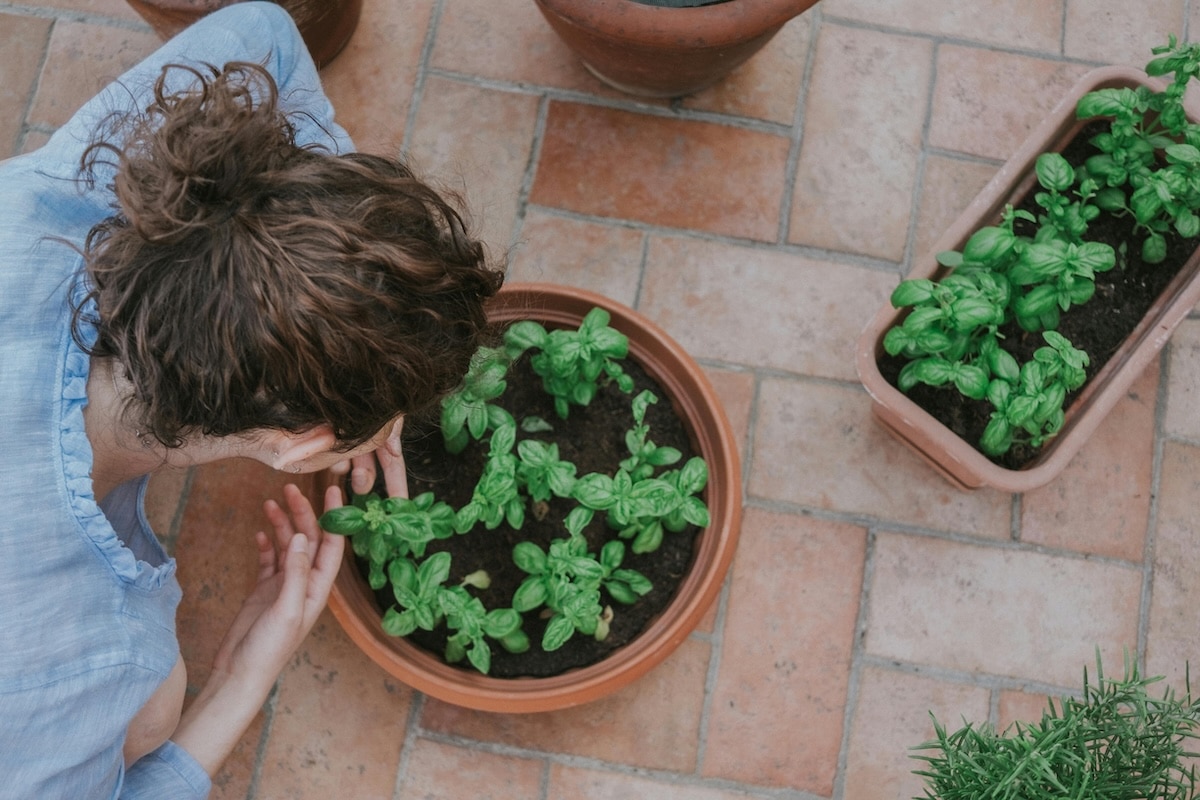Turning a city home into a mini-farm may seem daunting, but it’s incredibly rewarding. Here’s how I transformed my urban space into a thriving homestead. Curious about how you can do the same?
1. Starting with Container Gardening

I began with container gardening on my balcony, growing herbs and vegetables. It’s a simple way to get started without needing a lot of space.
2. Installing a Compost Bin

Composting was the next step, converting kitchen scraps into nutrient-rich soil. It reduced waste and provided organic fertilizer for my plants.
3. Raising Backyard Chickens

I introduced a small flock of chickens, which supplied fresh eggs daily. They also helped with pest control and added life to my garden.
4. Creating a Rainwater Harvesting System

Setting up a rainwater harvesting system conserved water and reduced my utility bills. It’s a sustainable way to keep the garden hydrated.
5. Building Raised Garden Beds

Raised garden beds made it easier to manage my crops and improve soil quality. They’re perfect for urban spaces with limited ground area.
6. Using Vertical Gardening Techniques

Vertical gardening maximized my space by growing plants upwards. It’s an effective method for small yards or patios.
7. Installing Solar Panels

Solar panels reduced my reliance on grid electricity and lowered my carbon footprint. They’re a great investment for sustainable living.
8. Keeping Bees

Urban beekeeping provided honey and helped pollinate my garden. It’s a rewarding hobby that supports the environment.
9. Making Homemade Fertilizers

Creating fertilizers from natural ingredients improved my plant health. It’s cheaper and more eco-friendly than commercial products.
10. Learning Canning and Preserving

Canning and preserving allowed me to store the harvest and enjoy it year-round. It’s a practical skill for managing garden surplus.
11. Building a Greenhouse

A small greenhouse extended my growing season and protected delicate plants. It’s ideal for urban gardeners dealing with unpredictable weather.
12. Installing Drip Irrigation

Drip irrigation systems saved water and ensured my plants received consistent moisture. They’re efficient and easy to install.
13. Using Companion Planting

Companion planting improved crop yields and reduced pests naturally. It’s a strategic way to enhance garden productivity.
14. Incorporating Edible Landscaping

I replaced ornamental plants with edible ones, making the most of every inch of space. It added beauty and functionality to my garden.
15. Joining a Community Garden

Connecting with a local community garden provided additional space and resources. It’s a great way to share knowledge and expand your gardening efforts.
16. Practicing Crop Rotation

Crop rotation prevented soil depletion and reduced disease risk. It’s an essential practice for maintaining a healthy garden.
17. Growing Medicinal Plants

Cultivating medicinal plants offered natural remedies for common ailments. It’s a useful addition to any urban homestead.
18. Incorporating Aquaponics

Aquaponics combined fish farming with plant cultivation, creating a self-sustaining system. It’s an innovative way to grow food in limited spaces.
19. Using Mulch to Conserve Water

Applying mulch helped retain soil moisture and suppress weeds. It’s a simple technique that benefits the garden significantly.
20. Practicing Sustainable Living

Urban homesteading taught me the value of sustainable living. Every small step contributes to a healthier, more eco-friendly lifestyle.
Ready to Start Your Urban Farm?

Transforming your city space into a homestead is easier than you think. Are you prepared to embark on your own urban farming journey?
The post Urban Homesteading: My Journey to Bringing the Farm to My City Apartment first appeared on Mama Say What?!
Featured Image Credit: Pexels / Matteo Badini.
For transparency, this content was partly developed with AI assistance and carefully curated by an experienced editor to be informative and ensure accuracy.





